Are green light filtering applications really effective?
There is an unquestionable fact that looking at the screen for a long time (maybe a phone, computer, TV) before going to bed will bring a lot of harm to the eyes and the quality of sleep.There have been a few scientific studies that show that blue light has a significant effect on many organ systems and especially your brain, from turning up the circadian rhythm to causing Damage to cells in the retina.However, this type of light does not affect all of us in the same ways.The harm it causes on each individual is different and it hardly causes a public health crisis, but cutting down the amount of blue light entering the eye is still one thing that each of us should do.
Category
- Why is it light blue?
- Effects on the brain
- Causing trouble sleeping
- Causes biological rhythm disturbances
- Blue light and your body
- How to limit blue light
- Application
- Blue light filter
- Blue light filter for your devices
- Limit the use of electronic devices at night
- Conclusion: Don't be too worried
Why is it light blue?
The blue light is at the top of the energy spectrum, meaning that the amount of photons in blue light is bounced up and down a little faster than the other colors that form the optical waves.A shorter wavelength means that the distance between each vertex of the wave is shorter (665 nanometers for red light, 470 nanometers for blue light), and the color is recognized by the eye because of these waves. apply directly to your retina.
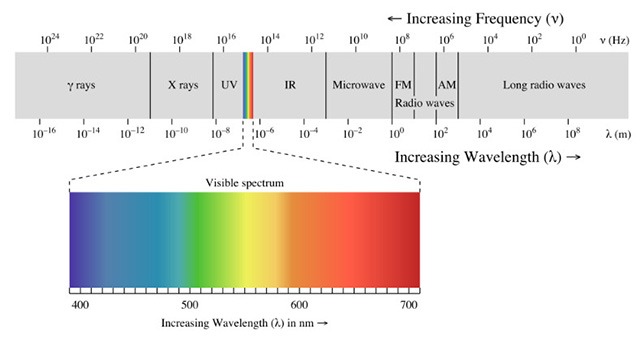
Then your brain processes these wavelengths that give reactions to the body.Any amount of light can send signals to the brain, higher-energy light sources send stronger messages.Blue LED lighting is not the most energetic light yet, but because it appears everywhere, our eyes are absorbing a lot of this light every day.
Effects on the brain

To be fair, blue light also offers certain benefits.They are good for memory, improve alertness, increase concentration, help respond faster, as well as benefit in your learning and cognitive abilities.So if you need to complete the job more efficiently and quickly, blue light can completely help you improve the situation a bit more.This friend only becomes dangerous and toxic if we contact him too much, especially at night.Studies have found evidence of some of the negative effects of blue light, but they are generally not as serious as many people are concerned.
Causing trouble sleeping
One of the reasons that special blue light makes you more alert and difficult to fall asleep is that it inhibits the production of melatonin hormone in your brain, meaning your brain Do not receive a signal that it is time to go to sleep.This is the reason why blue light makes it difficult to sleep and reduce your sleep quality.Not everyone responds to blue light in the same way, but in general, phenomena such as difficulty sleeping, deep sleep after exposure to blue light are the most common.Not getting enough sleep, especially less than six hours a night, can lead to a variety of other health problems.
Causes biological rhythm disturbances
We all have different circadian rhythms - the internal biological clock helps keep track of when we feel sleepy or feel more alert.Staying up late and being exposed to many kinds of artificial light may not have much effect on our circadian rhythms, except for the case of blue artificial light, they can cause many different disorders for Human body, especially at night.
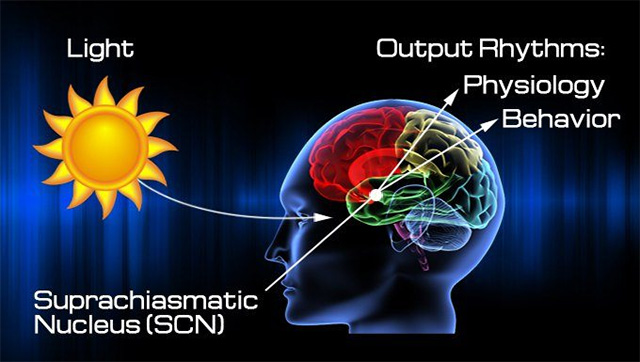
A Harvard study compared the effect of 6.5 hours of blue light exposure to green light during the same time period.And the results show that blue light distorts the average circadian rhythm by about 3 hours, compared with 1.5 hours of green light.These disorders can make us more sleepy during the day and even involve health problems, such as a higher risk of diabetes.
Blue light and your body
Blue light affects your body indirectly through a small effect on brain activity, but there is the fact that lamellar light with higher frequencies, like ultraviolet rays, can really harm your eyes.High-energy light such as ultraviolet rays can certainly damage your skin, so it is certain that blue light with intense intensity is negatively impacting sensitive light-receiving cells in your eyes. .
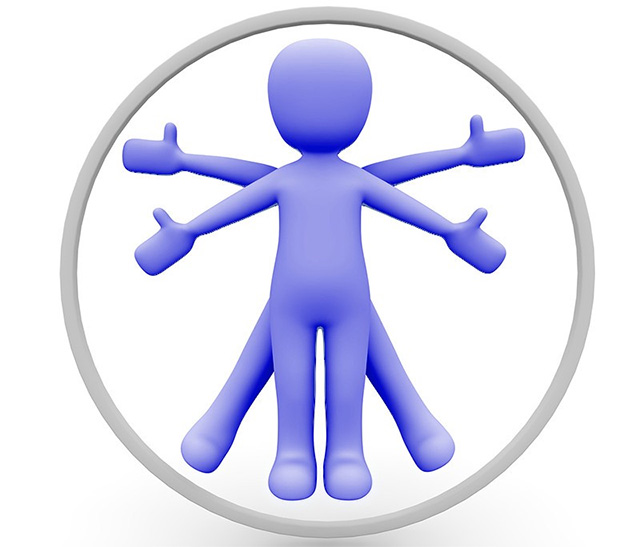
The effects have been shown in animal studies, but have not been specifically confirmed in humans.Either way, it doesn't cause too many bad effects.Yes, the worst is that it will speed up the natural aging process of the eye a little more.
How to limit blue light
Because of the fact that science has shown that a large amount of artificial blue light is not good for you, some solutions have been proposed.
Application
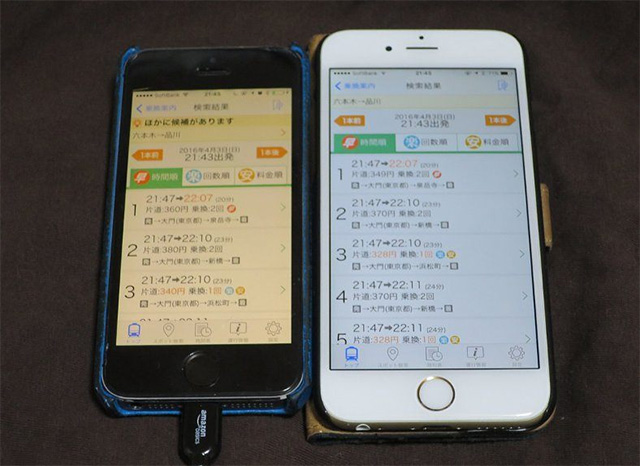
Using blue light filtering applications is probably the easiest way to cut the amount of blue light that comes into contact with your eyes, but there is not so much evidence of the effect of this application.Automatic brightness reduction may help more.While efficiency has yet to be specified, the use of these applications will certainly help in some way..
Blue light filter
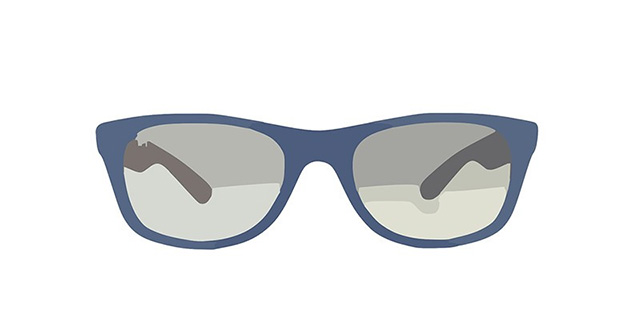
Also known as "computer glasses", these glasses are usually dyed yellow (but when worn you can still see them as usual), this type of glass changes the wavelength of light passing through the lens.They block blue light.Wearing this type of glass while using electronic devices before going to bed can help stabilize natural melatonin levels.However, studies on the effectiveness of this type of glass are largely unconvincing.
Blue light filter for your devices
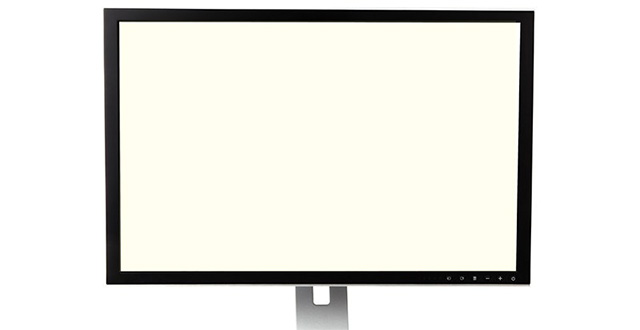
If you don't want to wear glasses, you can attach a blue light filter directly to your device's screen.They are almost transparent, so your screen won't change color, but they work on the same principles as the blue light filter above.
Limit the use of electronic devices at night
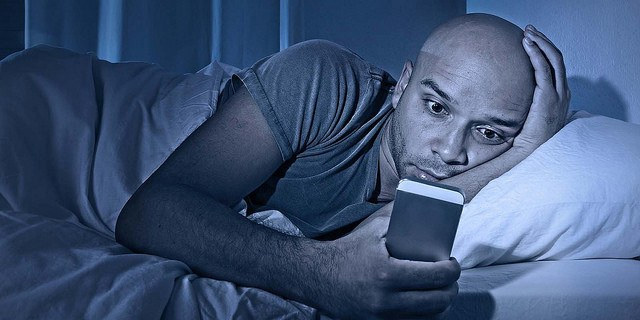
Honestly, it was extremely difficult to use this solution.Even if you absolutely can spend most evenings without having to use your phone or computer, would you like to do so?However, if you reduce the time to look at the screen of electronic devices, the general advice is that you should not use the device for an hour or two before going to bed.
Conclusion: Don't be too worried
Blue light will not damage your retina and turn you into a chronic insomnia person no matter how long you look at the screen.Some people may have a stronger biological response than others when exposed to blue light, but as long as you don't sleep less than six hours a night, exposure to blue light may Do not change your life.But take the initiative to change your habits as well as take precautions when they make you really feel uncomfortable
See more:
- Enable to limit blue light from PC and Mac computer screens to protect sleep - did you know?
- How to automatically reduce blue light Windows 10 April 2018
- How to turn on Night Light mode on Windows 10
- Instructions on how to enable Night Mode on Android Nougat
- How to turn on the dark background interface on iPhone applications
You should read it
- ★ Blue Light Filter, application to prevent eye strain when using device on Android
- ★ Steps to filter blue light on PC, Laptop to protect eyes
- ★ Enable to limit blue light from PC and Mac computer screens to protect sleep - did you know?
- ★ Green light from the screen of smartphone, tablet and laptop can cause blindness faster
- ★ Activate Blue Light mode on Windows 10